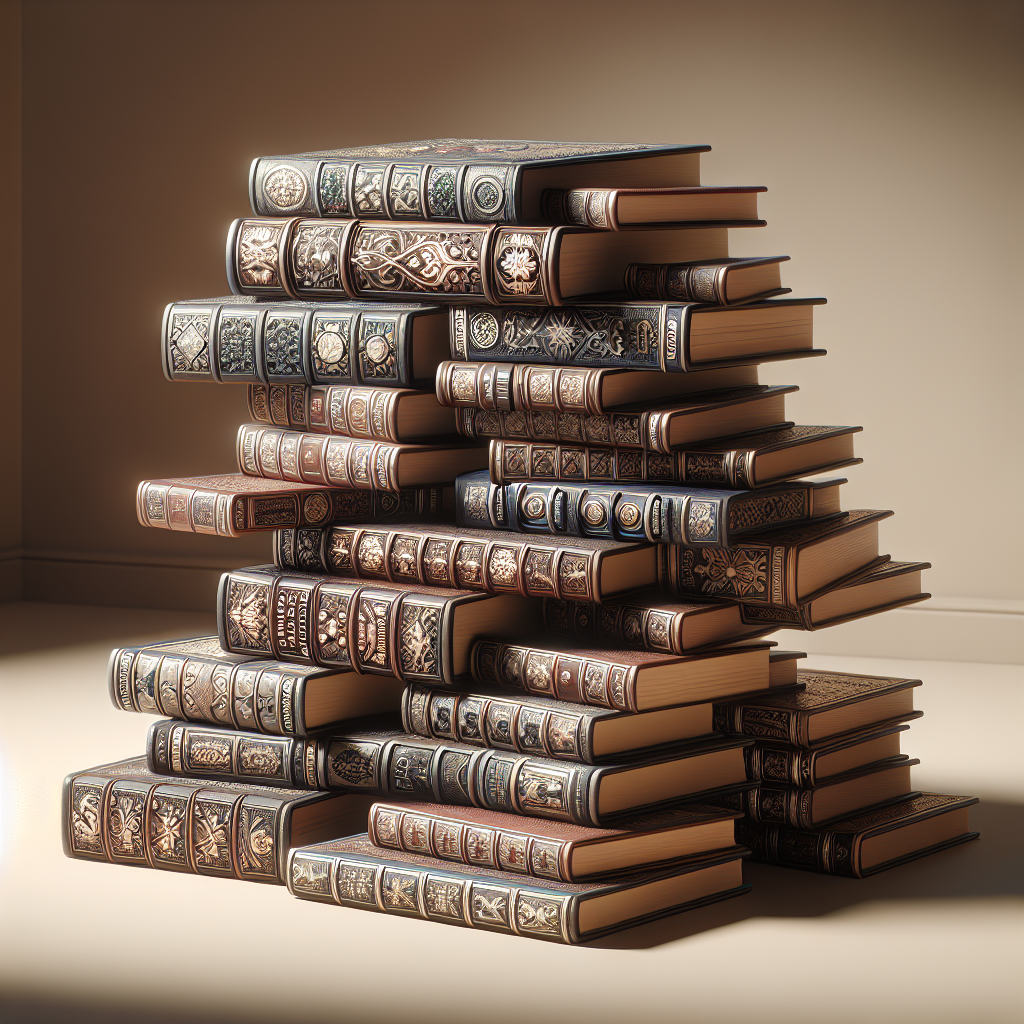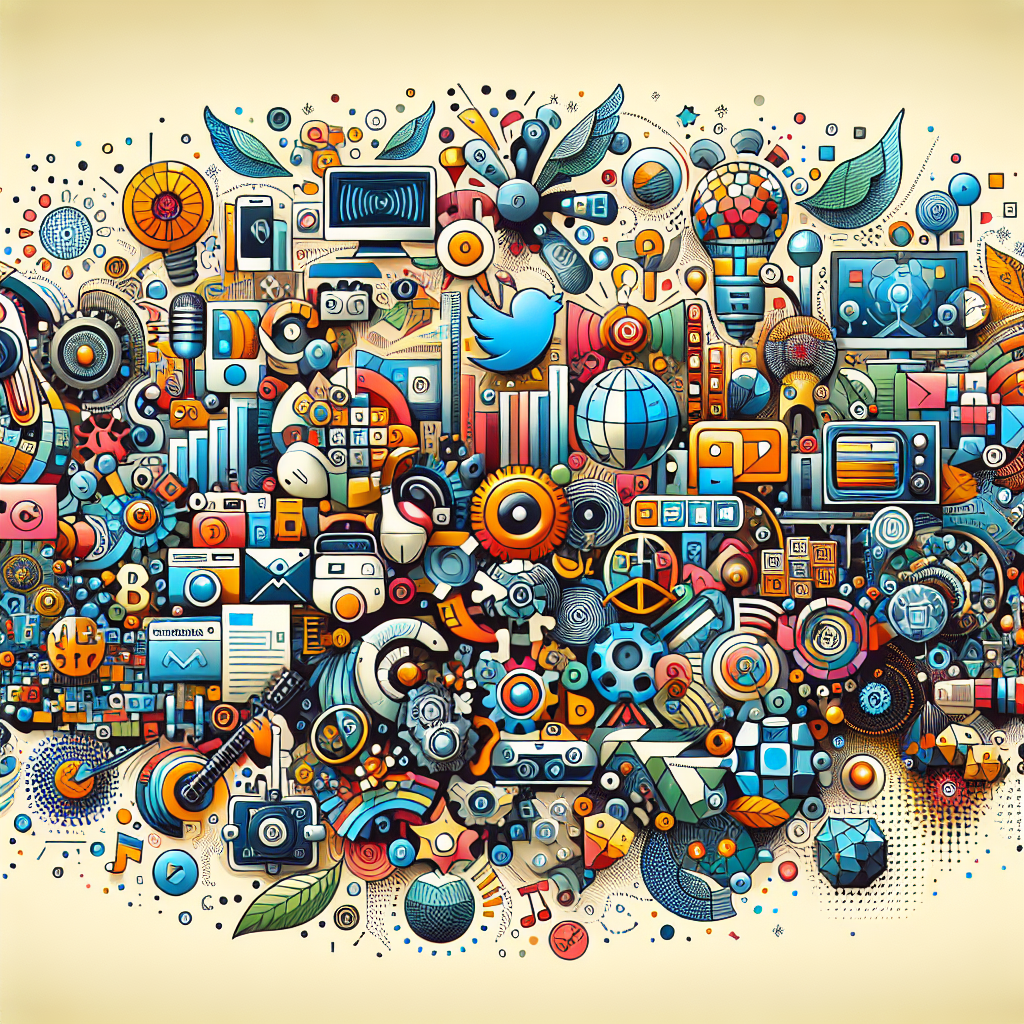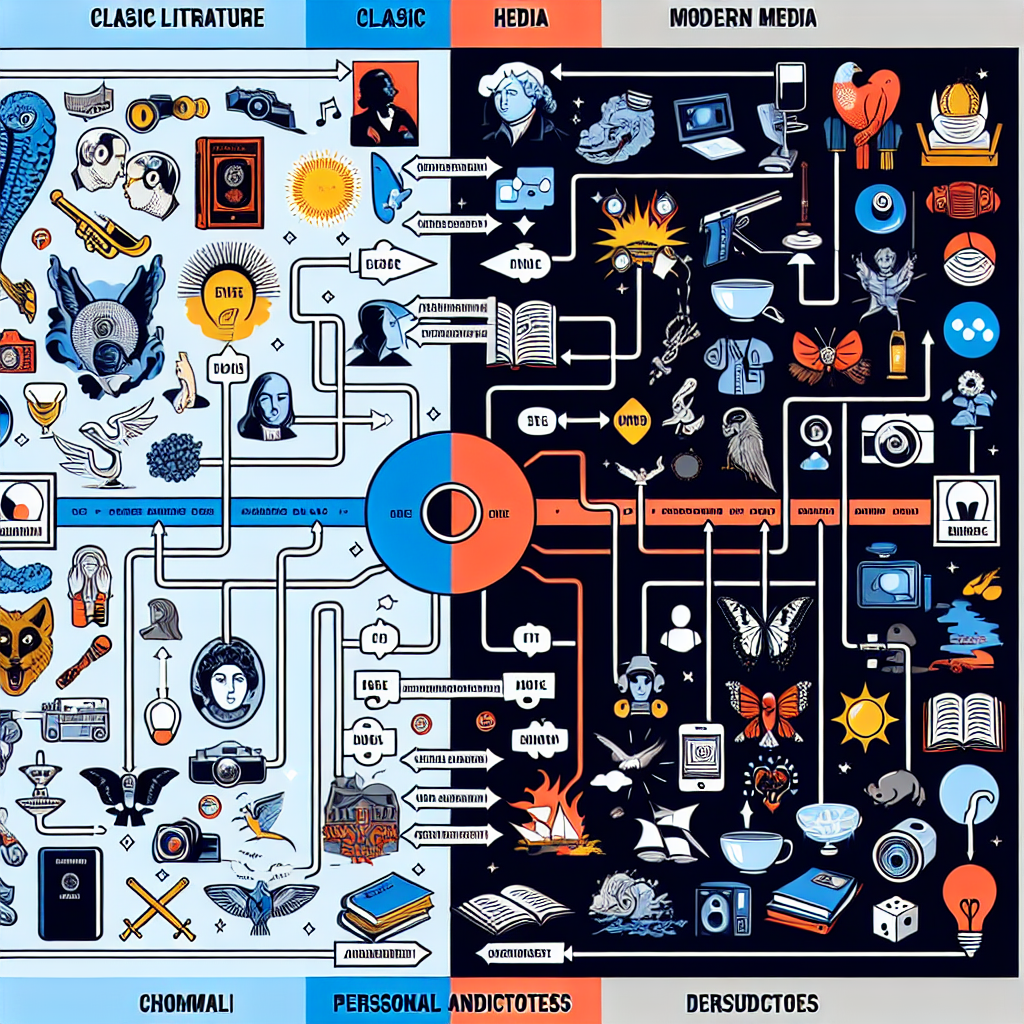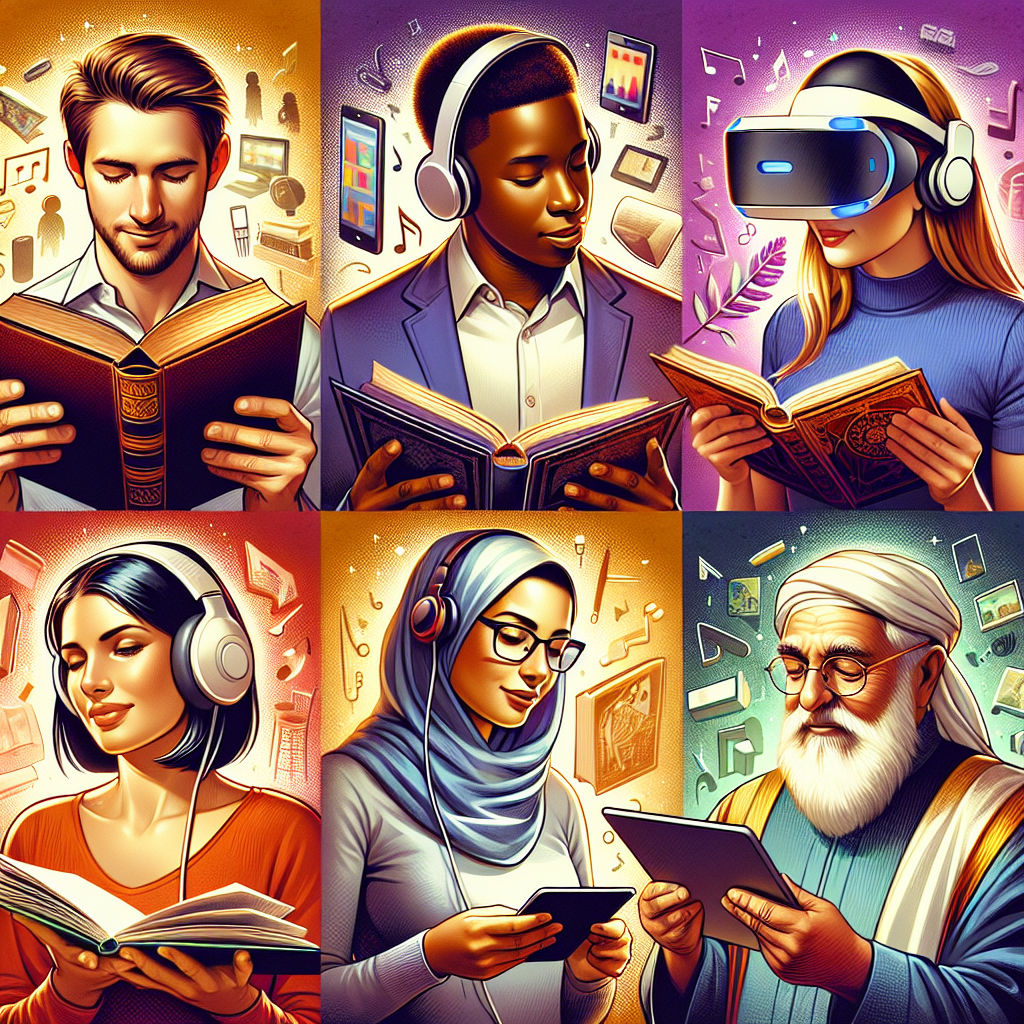
Introduction to the Topic
Have you ever wondered why stories hold such a potent impact on our understanding? From the ancient epics to modern-day cinema, stories are the heartbeats of human civilization. But how do these narratives shape our comprehension? Let’s dive deep into this intriguing interplay.
Option A: Classic Literature
Classic literature, filled with rich narratives and timeless themes, has long been a conduit for shaping cultural and individual understanding. From Shakespeare’s exploration of human nature to Jane Austen’s commentary on social structures, these stories offer profound insights.
Pros and Cons of Classic Literature
Classic literature provides comprehensive, complex narratives that stimulate critical thinking, empathy, and cultural understanding. However, the archaic language and historical contexts can sometimes pose as barriers to comprehension.

Related visual content
Option B: Modern Media
Modern media, spanning films, TV series, and podcasts, offers narratives that are more immediate and relatable, often mirroring contemporary society. They offer an accessible platform for diverse stories and perspectives.
Pros and Cons of Modern Media
Modern media ensures inclusivity and immediacy in storytelling, fostering empathy and understanding across various demographics. However, the risk lies in the propagation of stereotypes and sensationalism, potentially skewing perception.
Option C: Personal Anecdotes
Personal anecdotes, the stories we share in our daily lives, form an intimate part of our understanding. These narratives, often shared among friends, family, or communities, shape our views on a micro level.

Related visual content
Pros and Cons of Personal Anecdotes
Personal anecdotes foster a strong emotional connection and relatability, influencing our understanding on a personal level. However, they may not always provide a comprehensive or balanced view, leading to biased perceptions.
Head-to-Head Comparison
While classic literature offers nuanced narratives that stimulate critical thinking, modern media provides immediate, relatable content. Personal anecdotes, on the other hand, shape our views on a more intimate, individual level.
Recommendations by Use Case
For educators and academics, classic literature serves as a rich resource for teaching critical thinking. Modern media is ideal for those seeking immediate, inclusive narratives, while personal anecdotes are best suited for fostering empathy and understanding in close-knit communities.

Related visual content
Final Verdict and Conclusion
All forms of storytelling play a pivotal role in shaping our understanding. The key is to engage with a diverse array of narratives, fostering a well-rounded, empathetic understanding of the world. After all, the power of stories lies in their ability to illuminate the human experience in all its vast, vibrant hues.

Additional visual content

